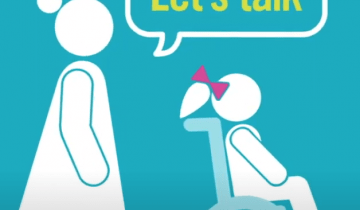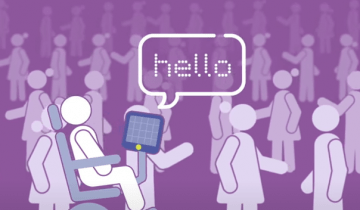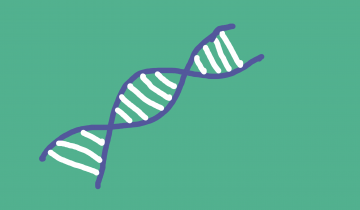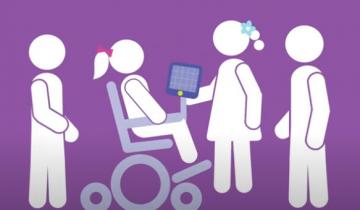This study highlights the importance of monitoring and managing chronic conditions in adults with cerebral palsy. It also provides important information that can help healthcare professionals better understand the health needs of this population.
Cohort-based whole exome and whole genome sequencing and copy number variant (CNV) studies have identified genetic etiologies for a sizable proportion of patients with cerebral palsy (CP). These findings indicate that genetic mutations collectively comprise an important cause of CP.
I have cerebral palsy spastic diplegia. So it affects my legs and sometimes my fine motor skills. I walk with two canes. I do things a little slower, but I get things done.

One thing that parents can say to start a conversation with their kids is, "Let's talk".

When you use alternate means of communication it can be really frustrating to go out in community. It is hard to know whether people are understanding you and whether they will take the time to listen. A lot of times it's hard for people to admit that they're not always comfortable with a device or a wheelchair or person who does things differently. So the more we can expose and educate people the better off we all will be. When we talk about acceptance, we're not just talking about people in society accepting people with disabilities. We're also talking about people with disabilities who are using alternate means of communication and how difficult it is for them to be out in the community.

To give you an idea about genetic variation between each of us, there are about three million differences in our genetic code. They go to influence the color of our hair and the color of our eyes, the way we walk.


